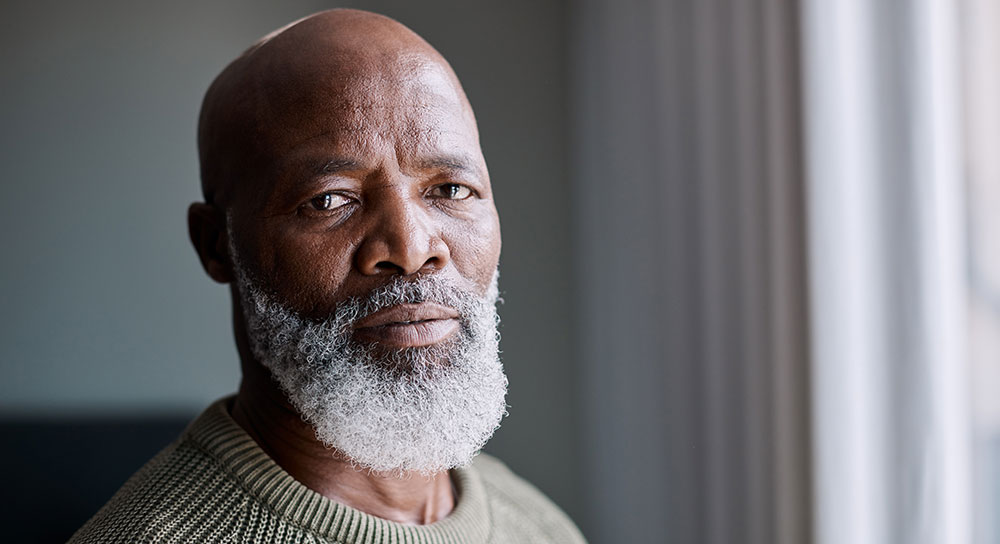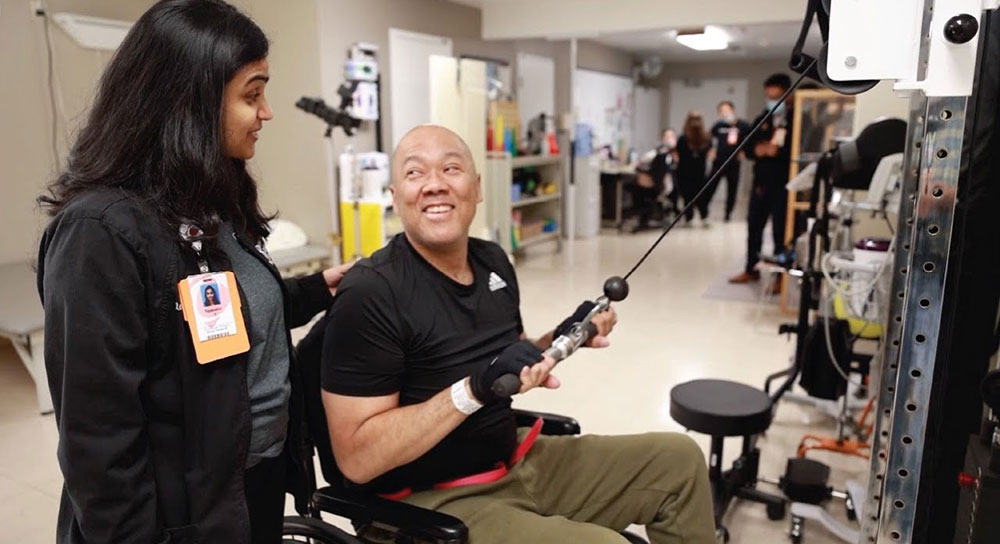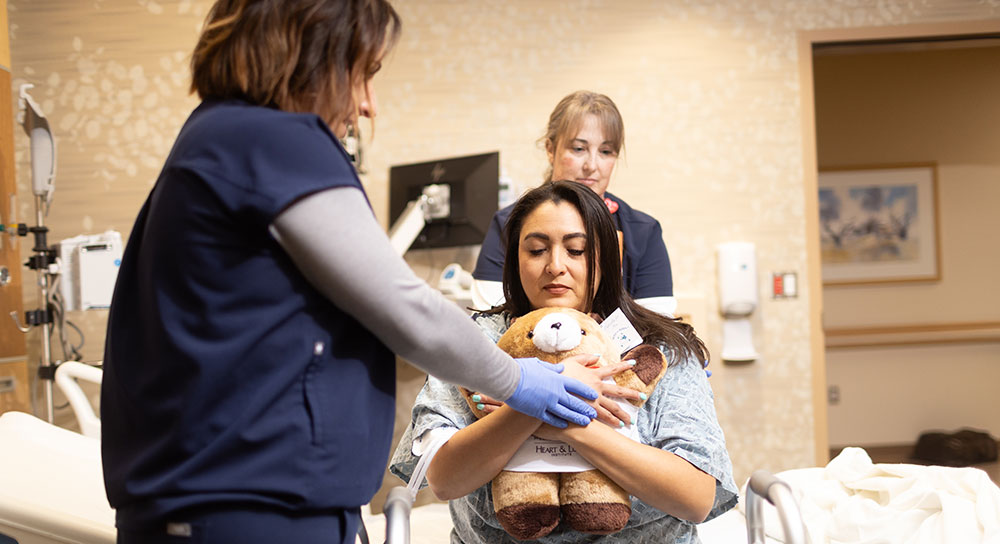Hormone changes are a normal part of aging for both men and women. The terms “male menopause” and “manopause” have been used to describe decreasing testosterone levels associated with aging. The medical term for it is andropause. And it’s different than menopause.
A man’s hormone levels typically drop differently than a woman’s. For men, the decline is much more gradual. On average, a man’s testosterone levels decline about 1% a year, starting about age 40.
Dr. Alan Kelton, internal medicine specialist and faculty member with UCSF Fresno, says low testosterone is more common if you’re overweight.
“About one in three men that are overweight and in their 40s may have it,” says Dr. Kelton, “and certainly by the time men turn 70, about 30% will have measurably low testosterone levels.”
The typically gradual decline means many men never report any symptoms. But when they do, the most common symptoms are sexual:
Reduced sexual desire
Fewer morning erections
Erectile dysfunction
Other symptoms — including a general lack of energy, decreased joy for life and moodiness — are sometimes associated with low testosterone levels, but can have many other causes.
How can I tell if my levels are low?
Testosterone levels can be measured with a simple blood test. But unlike other lab work, your doctor isn’t likely to run this test unless you ask for it. If you’re having symptoms that might be related to low male hormones and if those symptoms trouble you, then speak up and ask your doctor for a test.
If the results indicate a deficiency, the test is often repeated to confirm the results. Confirmed low testosterone levels can lead directly to treatment, but often lead first to more tests to find the root cause.
What are the treatment options?
There’s basically one medical treatment for low testosterone levels — hormone replacement therapy — but there are several ways to deliver it. Injections, creams, tablets and patches can all be used to boost male hormone levels.
Dr. Kelton says it’s important to have realistic expectations about hormone replacement therapy and understand it won’t magically turn you into the muscular older men we see in the movies and on TV. “The truth is that most older men [who get hormone replacement therapy] will have an increase in sexual desire, with or without an increase in sexual functioning,” says Dr. Kelton. “You don't get more strength, you don't get more energy, but you do get an improvement in some of the sexual symptoms.”
There can be downsides to hormone replacement therapy too. Dr. Kelton warns, “Testosterone itself seems to contribute to plaque in the coronary arteries. You can get some increased cholesterol buildup or at least on a temporary basis. A man can also have an increase in their blood counts and sometimes at levels high enough to increase the risk of stroke. And if a man has sleep apnea, they'll have more sleep apnea with testosterone replacement therapy.”
Lifestyle changes can also reverse many of the symptoms of low hormone levels. Dr. Kelton says, “If a man is not sleeping well, is not eating well, is overweight and not exercising, they're going to have all of the symptoms of low male hormone. By reversing many of those things, testosterone levels can improve, and sometimes dramatically so.”
Focusing on better sleep, boosting nutrition and adding in more exercise can improve testosterone levels.
Is treatment really necessary?
Dr. Kelton says men should talk to their doctor and make an honest effort to make positive lifestyle changes before deciding on hormone replacement therapy. And in the end, he stresses that the numbers aren’t the most important thing.
“Aging is a personal experience. For some men, it’s distressing to have a decrease in sexual functioning and sexual desire and they may report symptoms early on in life, even when their male hormone levels are completely normal. Other men see their decrease in sexual functioning and desire as just part of a normal part of aging and they're not really bothered by it.”






